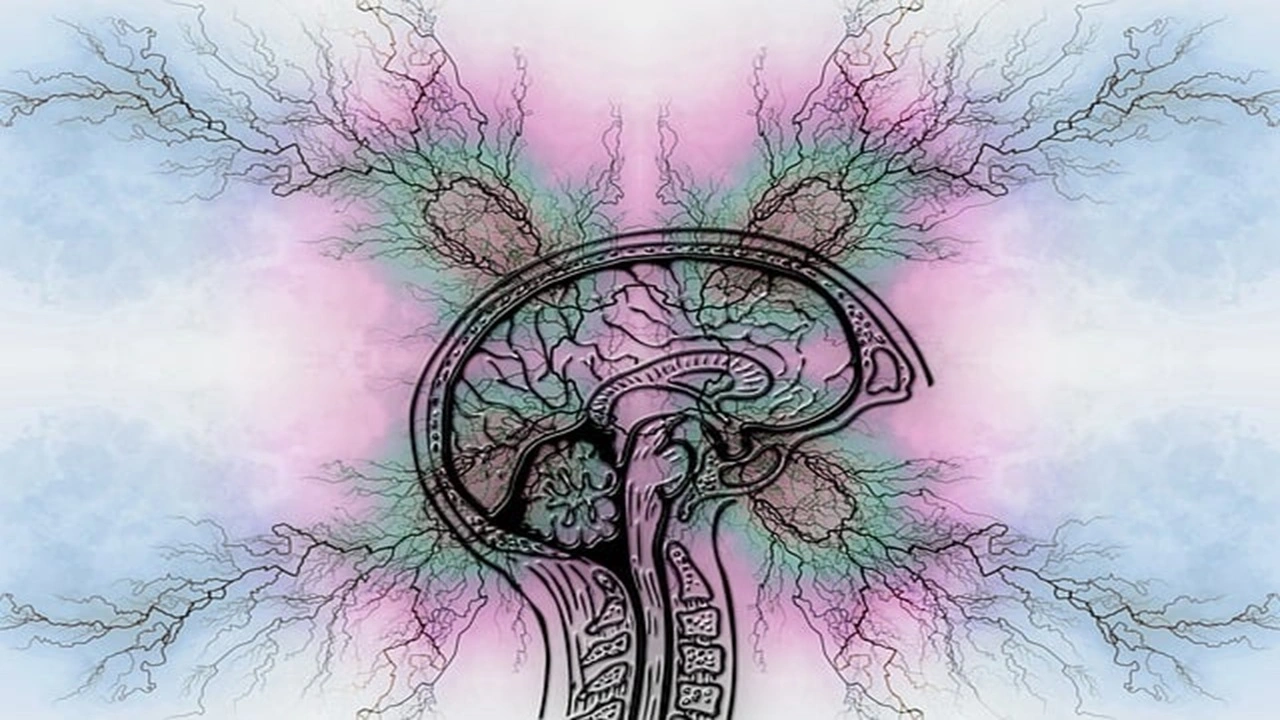Parkinson’s disease is a health condition that is a straight-up disorder with your brain. It makes it difficult for your body to control movements properly. The main reason vital brain cells start slacking hard is that they don’t produce enough of this chemical called dopamine. Dopamine is the traffic cop that coordinates all the signals for smooth movements. When there isn’t enough dopamine, shit gets thrown outate whack.

Now, Parkinson’s disease looks an ill’ different for everyone, but there are some signature signs and symptoms. The tremors or shakes are prolyl the most well-known. I’m talking about involuntary shaking and trembling in the hands, arms, legs, jaw, and even your facial muscles. It’s not just a minor twist either – this shakiness can be pretty intense.
Then there’s the crazy muscle stiffness and rigidity. Like, your limbs and body tense up like you’ve been hitting the weights way too hard. Makes it straight-up tough to move freely. Over time, Parkinson’s disease gradually slows everything down too. Movements that used to be quick and smooth start feeling sluggish, like molasses. Balance gets all messed up as well. Walking becomes this awkward, shuffling disorder where you feel like you’re going to tip over any second.

Check Out Why Drinking Alkaline Water Is Good for You?
Okay, so what causes this Parkinson’s Disease?
The experts still aren’t 100% certain about that. But they’ve got some solid theories. It seems to be this perfect shitstorm of genetics you inherited, exposures to Wack environmental threats like toxins, and just the normal ageing process itself. Certain evolved genes might predispose some unlucky folks. Adding in toxins from old jobs or environments increases the risks even more. And let’s be real, as we get on in years, our bodies naturally get ill’.
There’s no definitive test that can conclusively diagnose Parkinson’s disease. Mind-blowing, right? Doctors got to be detectives and shit. They dig deep into your medical history and examine your movements and reflexes closely. Brain scans help by ruling out other potential issues causing similar symptoms. Miracle cure for Parkinson’s yet. But don’t lose hope.
Treatments nowadays can effectively manage symptoms and provide major relief for most people with this condition. Medication is a huge part of the game plan. Dopamine-boosting drugs help refill those crucial chemical levels to regulate movement way better. Physical therapy is also clutch a. Those Who target exercises get your muscles stretched out, and strengthened, and help you regain your balance. It’s all about maximizing mobility for as long as possible.

Parkinson’s Symptoms: Signs and Effects
Parkinson’s is a sickness in the brain. It makes people’s bodies act strangely. The main symptoms are shakiness, very slow movements, and stiff muscles. People with Parkinson’s often have bad balance and fall. Their voice may sound quiet and flat. Their writing becomes tiny. As Parkinson’s gets worse, other symptoms happen. Some cannot swallow well. Some get constipated and cannot sleep. They may drool and lose their sense of smell. Feelings of sadness and worry are common too. Not everybody gets every symptom, but most notice a few of these problems.
How to overcome Parkinson’s.
- Get a lot of water in. Parkinson’s patients, who frequently do not experience typical thirst sensations, need to drink more water. To feel your best, aim to drink 6–8 full glasses (1.3-1.5 liters) of water each day.
- Spend time in nature, vitamin D has been shown to prevent Parkinson’s disease, so getting some fresh air and sunlight may help your symptoms.
- Make a move. Physical therapy and various forms of exercise may improve your abilities and slow the progression of Parkinson’s disease (3Trusted Source).
- Think about supplements. Supplements and other treatments that you might be able to try safely should be discussed with your doctor.

Foods to cure Parkinson’s.
- Nuts: walnuts, Brazil nuts, pecans, and pistachio Berries.
- Blueberries, blackberries, goji berries, cranberries, and elderberries.
- Nightshade vegetables: tomatoes, peppers, and eggplant.
- Berries: blueberries, blackberries, goji berries, cranberries, and elderberry.
- Leafy green vegetables: spinach and kale
- Nightshade vegetables: tomatoes, peppers, and eggplant
Omega-3 foods
Omega-3 fatty acids, which are types of healthy fats, may help improve brain function in those with Parkinson’s. These facts are found in foods like:
- soybeans
- halibut
- flaxseed
- kidney bean
- oysters
Some research also suggests that the Mediterranean diet, which tends to be high in antioxidants and omega-3s, protects against dementia in Parkinson’s disease. - Vitamin B1: pork, beans, lentils, and peas
- Iron: spinach, beef, tofu, and fortified breakfast cereals.
- Vitamin D: salmon, tuna fish, fortified dairy products, and cod
liver oil. - Zinc: whole grains, red meat, oysters, and chicken
- Calcium: dairy products, green leafy veggies, and fortified soy products.

Dealing with Parkinson’s disease isn’t easy at all. It’s a crazy-difficult, complex-as-hell challenge. But here’s the real truth: it’s not some unbeatable, life-ruining monster that has to take over your whole existence. Sure, there’s no magical cure-all solution yet. But nowadays, with the right medical treatments, lifestyle adjustments, and most importantly, an unbreakable positive mindset, you can keep living your best life. Parkinson’s doesn’t have to define you, period. Stay strong, surround yourself with love and real support, and you got this, fam. Aren’t any disease that can break you if you don’t let it.
To get more of our exclusive content on Health Care and Lifestyle. Follow us on YouTube and Instagram.






